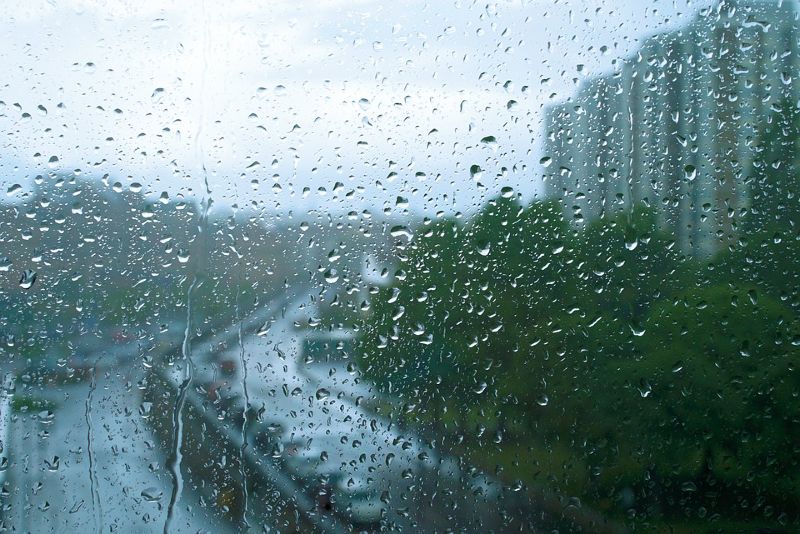
Five Reasons Why Winter May Be the Best Time to Buy a Home in Portland

Whether you’re planning to relocate to Portland in the near future or you’re just looking for a new place to plant roots in town, buying a home in Portland during the winter offers a unique set of advantages over other seasons.
Rainy day Portland
Portland is known for being a rainy state, which is only partially true. In terms of actual precipitation, it’s not even close to the top of the list of wettest U.S. cities. But when it comes to the number of rainy days, that’s where Portland gets its reputation.
The “Portland mist”
According to data collected by TripSavvy, Portland sees an average of 164 days of rain or snow per year. So while it may seem to rain a lot in Portland, the amount of accumulation is not staggering—which is probably why those familiar with the area refer to the rain here as the “Portland mist.”
The majority of the rainfall in Portland occurs during the fall and winter, with the post-holiday winter months arguably marking Portland’s most overcast time of year. But this precipitous pattern is precisely why you should start your home search in January or February, despite the usual recommendations to wait for spring.
Five top reasons to shop Portland homes in the winter
1. Scope out the natural light: Since you’ll be spending a lot of time in your new home, it’s important to know what it feels like in its least favorable conditions. Viewing a home on one of Portland’s rainy winter days can allow you to get a sense of how much natural light the home receives. Natural light not only provides the body with the crucial vitamin D it needs, but it also factors into sleep, mood, cognitive function, and stress. It can also make a room feel bigger and more inviting.
2. Inspect wet weather conditions: In addition to natural light, there are other cold-weather aspects of owning a home in the Pacific Northwest that you should be aware of. Here are some questions to ask yourself while surveying the home:
-
-
- Does the home seem well insulated? Does it feel cold, damp or drafty? Or is it warm and inviting?
- Are there any damp odors when you initially walk in, or in certain parts of the house?
- Are there any signs of mold?
- What are the grounds like in the rain? Do you foresee any potential problems with the layout regarding rain?
-

3. The Hygge factor: Hygge, pronounced “hoo-ga,” is a popular Danish concept that describes feelings of well-being, coziness, and contentment attained by focusing on the simple pleasures in life such as sipping a cup of tea, sitting by the fireplace, reading a book while bundled in a blanket, or just watching the rain from the window. It’s a way of approaching the winter months with the attitude that they don’t have to be spent uncomfortable or miserable. But of course the home you live in plays a big part in being able to live with this mindset throughout the winter.
Ask yourself which of the homes you’re looking at possess the Hygge factor?
4. Less competition: In addition to weather-specific factors, there’s also less competition from other buyers if you buy in the winter rather than during the peak buying seasons of spring and summer. With less overall buyers, you’ll receive a warmer welcome from home owners eager to sell. They’ll also be more willing to work with you and make some compromises since there are
5. Cost: Finally, there’s the cost. According to NerdWallet, homes cost an average of 8.45% less in the winter than in summer. Again, with less competition, buyers may get the upper hand, with sellers may be more willing to negotiate.
Natives of Portland, and those who have been residing here for some time, have an against-the-grain attitude that being a Portlander means not letting the weather hold you back from doing things in the wetter seasons—buying a home is no exception.
So take a look at the winter listings and don’t’ forget to grab your rain jacket and a hot cup of coffee when you head to a viewing.

